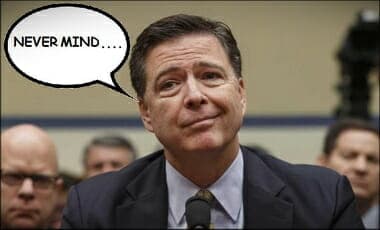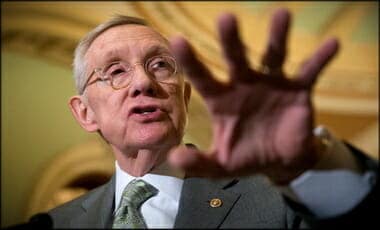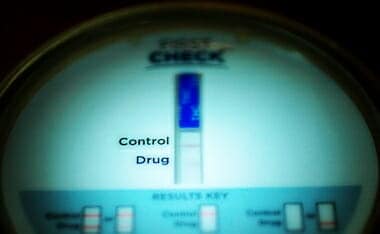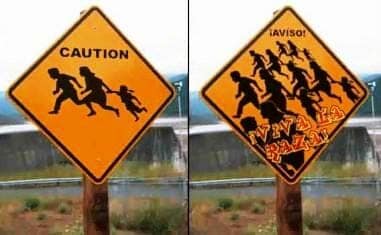As a threshold matter, Comey asked a question with regard to Trump that he should now answer with regard to his own conduct. Comey asked why Trump would ask everyone to leave the Oval Office to speak with Comey unless he was doing something improper. Yet, Trump could ask why Comey would use a third party to leak these memos if they were his property and there was nothing improper in their public release.
In fact, there was a great deal wrong with their release, and Comey likely knew it. These were documents prepared on an FBI computer addressing a highly sensitive investigation on facts that he considered material to that investigation. Indeed, he conveyed that information confidentially to his top aides and later said that he wanted the information to be given to the special counsel because it was important to the investigation.
Many in the media have tried to spin this as not a “leak” because leaks by definition only involve classified information. That is entirely untrue as shown by history. Leaks involve the release of unauthorized information — not only classified information. Many of the most important leaks historically have involved pictures and facts not classified but embarrassing to a government. More importantly, federal regulations refer to unauthorized disclosures not just classified information.
Comey’s position would effectively gut a host of federal rules and regulations. He is suggesting that any federal employee effectively owns documents created during federal employment in relation to an ongoing investigation so long as they address the information to themselves. FBI agents routinely write such memos in investigations. They are called 302s to memorialize field interviews or fact acquisitions. They are treated as FBI information.
The Justice Department routinely claims such memos as privileged and covered by the deliberative process privilege and other privileges. Indeed, if this information were sought under the Freedom of Information Act (FOIA) it would likely have been denied. Among other things, the Justice Department and FBI routinely claim privilege “inter-agency or intra-agency memorandums or letters which would not be available by law to a party other than an agency in litigation with the agency.”
Of course, Comey did not know if there was a privilege or classification claim by either the Justice Department or the White House because he never asked for review. He just woke up in the middle of night upset about Trump’s name calling and released the damaging information. In doing so, he used these memos not as a shield but a sword.
Besides being subject to nondisclosure agreements, Comey falls under federal laws governing the disclosure of classified and unclassified information. Assuming that the memos were not classified (though it seems odd that it would not be classified even on the confidential level), there is 18 U.S.C. § 641, which makes it a crime to steal, sell, or convey “any record, voucher, money, or thing of value of the United States or of any department or agency thereof.”











